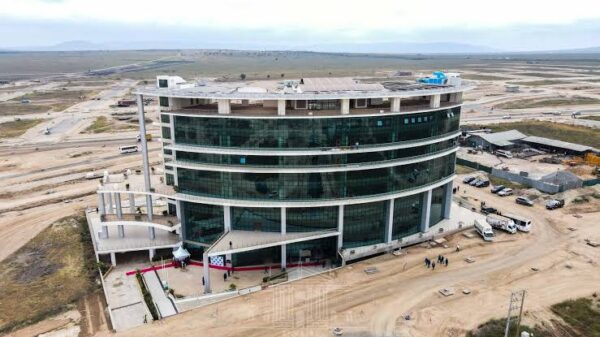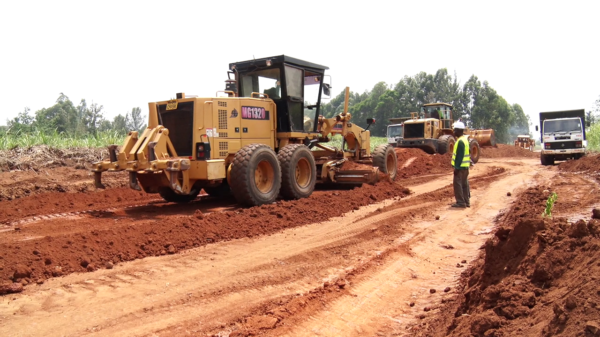NAIROBI, Kenya, Mar 31- It has been 10 years since the Doha Round of Multilateral Trade Negotiations started and the World Trade Organisation (WTO) Director General Pascal Lamy has warned that developing countries will be major losers if they fail once again to conclude the talks by the end of this year.
Mr Lamy who is on a visit to Kenya, said on Thursday that if developing countries do not reach a compromise on the Doha Development Agenda in the next few months, their private sector would suffer extensively.
"Failure to conclude the round will be bad news for businesses in developing countries than for firms in richer countries. Richer countries believe they have other channels to open up trade and entering into bilateral trade maybe tempting for them," he said candidly.
The next few weeks will be crucial for the fate of the negotiations that aim to bridge the trade imbalance between developed and developing countries and in effect for the fate of the international trade and the global economy.
This is especially so after the US government came on board in August 2010 which was expected to help expedite the process.
"My duty is to tell the members the truth and the truth is that the risk of failure of this negotiation is much higher than it was a few months ago and certainly (it is) not in line with what the G20 leaders said last November in Seoul," Mr Lamy said.
He was referring to the ultimatum given by the leaders during the G20 Summit last year in Japan to their negotiators to conclude the talks this year.
The negotiations are structured in a way that all the issues have to be agreed upon by all parties for development agenda to be passed and adopted.
And while consensus has been reached on 80 percent of the issues, there has been deadlock on the remaining 20 percent of the issues which include industrial tariff reduction, agricultural subsidies and market access which have led to the stagnation of the talks.
The classification of Brazil, India and China (BRICs) as developing countries has been one of the major sticking points as it would in turn affect market access since as \’big boys\’ the BRICS are required to open up their markets just as the developed countries have done.
Africa, which accounts only for two percent of the global trade, has been looking to conclude an agreeable and beneficial outcome that would enable it to increase its exports and create more opportunities for wealth creation and poverty reduction.
There is consensus that the multilateral trade system is the only way that the continent can systematically integrate their trade and investments into the global economy.
But trade experts have been adamant than African countries should not just blindly rush into and sign a deal that would not be beneficial to them in the long run.
Trade Permanent Secretary Eng. Abdulrazaq Ali however expressed optimism that the talks would be successful but was quick to challenge the private sector to diversify and add value to their products.
"With opening up of the market, we need to go beyond dealing with primary goods otherwise we will not be able to take advantage of market access," Eng Ali.
This challenge is particularly important for Kenya whose 60 percent of exports come from horticulture and tea.
"We need to go for more intermediate products and finished goods as well," the PS added.
Kenya is the chair of the African group in Geneva and while Prime Minister Raila Odinga reiterated the country\’s commitment to the conclusion of the round, he expressed concerns about the slow pace of the talks terming them as \’burdensome.\’
"Kenya expects the outcome to reflect the development concerns of the developing countries. These negotiations must succeed and failure is not an option," the premier said.
He appealed to the Western world to sympathise with Africa and other developing countries and understand that the position they were taking takes into account the plight of millions of poor people who would be affected if they failed to reach a favourable deal.
"Therefore it calls for a feeling of humanity and compassion to understand the percentages that you are haggling over affect the lives of these people and therefore we must be prepared to walk the extra mile in the interest of humanity and reach a solution," Mr Odinga concluded.
Follow the author at https://twitter.com/cirunjoroge


































